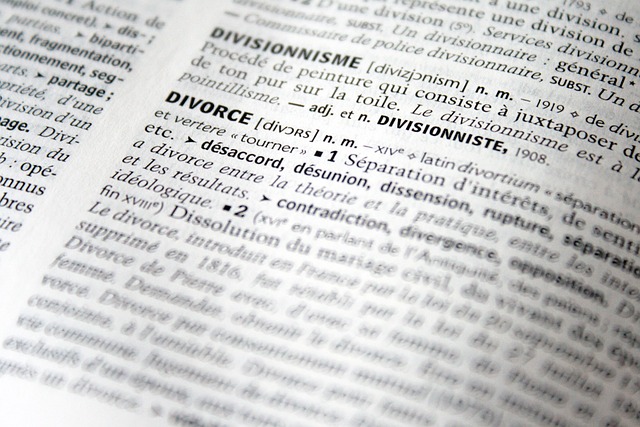Child support enforcement laws ensure financial stability for children post-divorce. Legal aid organizations assist parents in understanding rights and obligations, navigate legal complexities, and advocate for fair practices during enforcement, including wage garnishment. Access to child support enforcement legal aid is crucial, especially for low-income parents, offering tailored services like court representation and documentation help. Establishing paternity is a key step, guided by legal aid, to clarify rights and ensure child support collection. Both parents can challenge child support orders by scrutinizing calculations or questioning paternity; consulting specialized family law attorneys with child support enforcement legal aid assistance is vital for effective navigation.
“Navigating the complex landscape of child support collection and defense can be a challenging yet crucial process. This article provides an in-depth guide to legal strategies, focusing on helping parents understand and assert their rights. From grasping the fundamentals of child support enforcement laws to exploring legal aid options, we cover key aspects. We delve into establishing paternity, challenging support orders, and offer practical insights for both collection and defense. Empower yourself with knowledge and discover effective ways to manage child support obligations.”
- Understanding Child Support Enforcement Laws
- Legal Aid Options for Collection and Defense
- Establishing Paternity: Key Considerations
- Strategies to Challenge Support Orders
Understanding Child Support Enforcement Laws

Child support enforcement laws are designed to ensure that both parents contribute to their children’s financial well-being after a divorce or separation. Understanding these laws is crucial for both parties involved in a child support case. Legal aid organizations play a vital role in educating parents about their rights and obligations, helping them navigate the complex legal landscape surrounding child support.
These laws vary by jurisdiction but generally involve establishing child support amounts based on factors like income, custody arrangements, and the needs of the child. Enforcement mechanisms may include wage garnishment, asset seizures, and other methods to prompt non-paying parents to fulfill their financial responsibilities. Legal aid can assist in interpreting these laws, ensuring fair practices during enforcement proceedings, and advocating for the best interests of both the child and the involved parents.
Legal Aid Options for Collection and Defense

Many individuals facing child support obligations or disputes can benefit from exploring child support enforcement legal aid options. Legal aid organizations often provide services tailored to assist low-income parents, guardians, and non-custodial parents in navigating complex legal processes related to child support. These organizations offer a range of support, including representation in court proceedings, legal advice, and assistance with documentation.
For those needing defense against child support claims, legal aid can be instrumental. It ensures that individuals have access to knowledgeable attorneys who understand the intricacies of child support laws. This support is crucial for fair representation, especially when dealing with sensitive financial matters and potential long-term implications for all involved parties.
Establishing Paternity: Key Considerations

Establishing paternity is a fundamental step in child support enforcement legal aid, as it determines the legal rights and responsibilities of both parents. In many cases, this process begins with genetic testing to confirm parentage. However, beyond biological confirmation, there are key considerations that courts take into account when determining paternity. These include the father’s willingness to acknowledge and support the child, the mother’s relationship with the father during pregnancy and after birth, and any existing legal agreements or court orders regarding custody and visitation.
Legal aid organizations play a crucial role in guiding parents through this process, ensuring their rights are protected and that they understand their obligations. By providing expertise in child support enforcement, these organizations help navigate complex legal frameworks to resolve paternity disputes fairly and efficiently. This not only facilitates the collection of child support but also fosters a sense of stability and responsibility for the child’s financial well-being.
Strategies to Challenge Support Orders

When faced with a child support order, both parents have options. Strategies to challenge support orders can include examining the calculation method and presenting evidence of any significant changes in circumstances since the original order was made. For instance, a parent might argue that their current income is lower due to unforeseen job loss or increased expenses related to another dependent. Legal aid organizations dedicated to child support enforcement can provide guidance on building a compelling case.
Additionally, challenging orders may involve questioning the paternity of the child, which requires DNA testing to establish. Other defenses could be based on public policy arguments, such as claiming that the order imposes an unreasonable financial burden or disregards the best interests of the child. Consulting with an attorney specializing in family law and child support is crucial for navigating these complex challenges effectively.
